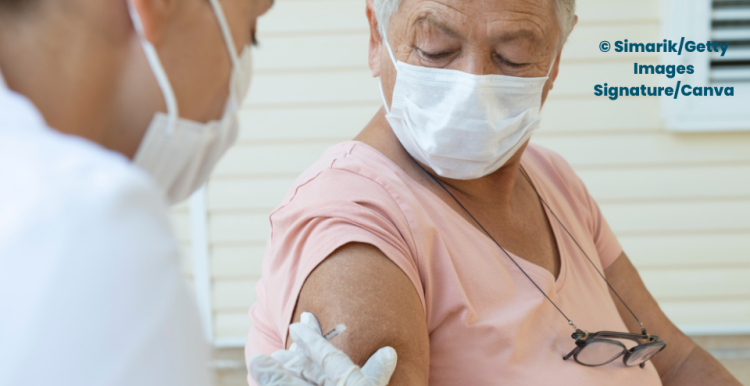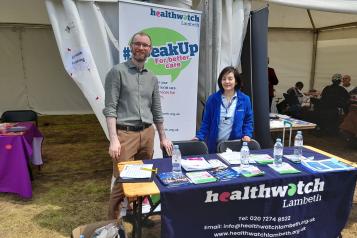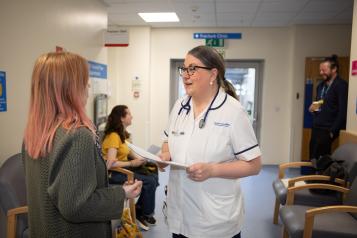NHS launches new online site finder for Monkeypox vaccines

The NHS has launched an online service for anyone who is eligible to find their nearest site and find information on how they can get an appointment.
In line with UKHSA guidance, those at greatest risk of exposure are eligible, including high-risk gay, bisexual and/or men who have sex with men (GBMSM), along with specific frontline staff and those who have been in close contact with a confirmed case.
According to the NHS, until now health services have been contacting men who are likely to be at higher risk of infection to get protected, because for example, they had an appointment, including for PrEP. Now anyone eligible is being asked to come forward for a first dose as more supply becomes available and receive the vaccine.
Steve Russell, NHS Director of Vaccinations and Screening, told the NHS news site: “The NHS is redoubling its efforts to get people who are most likely to get monkeypox vaccinated and with half of those eligible in contact with sexual health services and continuing to be invited, now is the time to come forward for a first dose via the finder if you haven’t already.
“While we know the risk of monkeypox remains low, it is important that if you are eligible, you protect yourself and those around you wherever possible, and this new NHS site finder makes it easier than ever to join the nearly 50,000 who are protected from monkeypox”.
Dr Mary Ramsay, Head of Immunisation at the UK Health Security Agency, added: “It’s encouraging that we are continuing to see significantly fewer cases of Monkeypox reported in the UK. However, it remains vital that people are alert to the risk Monkeypox poses and take action to protect themselves and others.
“This vital new service will help make it easier for those at highest risk to get vaccination appointments”.
Each vaccination site will have its own instructions on how to get the vaccine appointment and people will find details online. People will be screened on the eligibility criteria before they receive the vaccine so it is important that people understand the guidance set out by UKHSA.
The NHS is prioritising first doses for individuals who are most likely to get the virus in line with advice. The NHS or sexual health service will contact you when it is your turn to get your second dose.
Up to 17 October 2022 there were 3,537 confirmed and 149 highly probable monkeypox cases detected in the UK: 3,686 in total.
Anyone who thinks they have symptoms of monkeypox should limit interactions with others and contact their local sexual health clinic or phone 111. You should not visit A&E or your GP.
Common signs of monkeypox infection include fever, headache, muscle aches, exhaustion, swollen lymph nodes, and the development of a new rash.
The majority of monkeypox cases in the UK continue to be in gay, bisexual and other men who have sex with men, with the infection being passed on mainly through close intimate contact in interconnected sexual networks but monkeypox can also be spread from person to person through touching clothing, bedding or towels used by someone with the monkeypox rash or by touching monkeypox skin blisters or scabs.
Alex Sparrowhawk, Health Promotion Specialist at Terrence Higgins Trust, told the NHS news site: “Vaccination is crucial for protecting people against monkeypox and it’s vital information about how and where to get vaccinated is clear and accessible. This new monkeypox vaccination finder for England is a positive step forward and we’re encouraging all those at risk of monkeypox to come forward and get their first dose”.
Dr Will Nutland, co-founder of PrEPster, also said: “Today’s launch of the monkeypox clinic finder is a hugely welcome step-forward in assisting eligible people to access vaccination. Over the summer, many tens of thousands of us have been able to access the monkeypox vaccine, and we still have a collective task throughout the autumn, and beyond, to increase monkeypox vaccination to those who most need it”.


